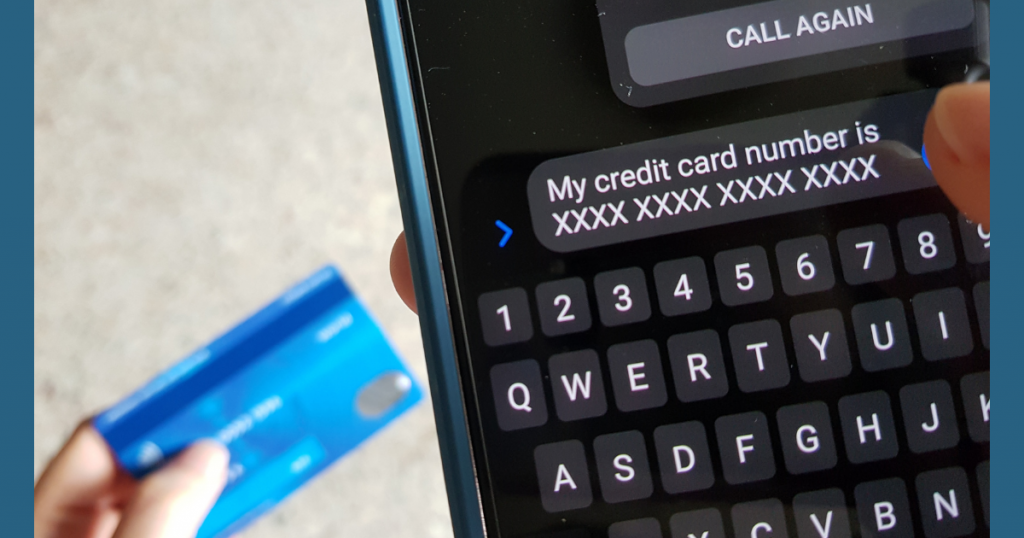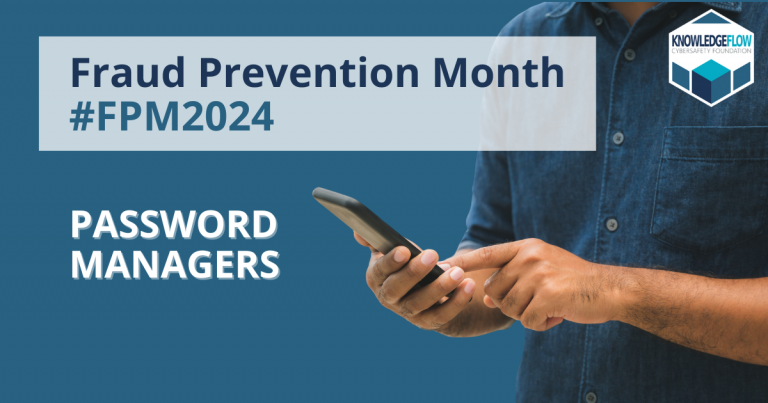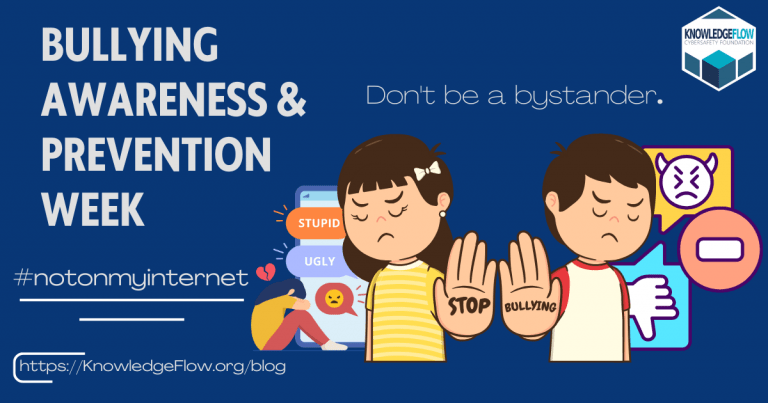Data Privacy Week: Why It Should Matter to You Personally

Data Privacy Week spotlights the vital importance of privacy rights and safeguarding personal information. In an era marked by the rapid rise of artificial intelligence, the ways in which personal data is used and potentially exposed have multiplied. AI technologies, while innovative, bring new challenges in data privacy, making it increasingly crucial for users to be vigilant. With businesses increasingly reliant on user data, the absence of robust security measures can lead to data breaches, exposing your sensitive details. Moreover, cybercriminals exploit vulnerabilities, often through phishing attacks, posing risks of identity theft and other serious crimes. As cyber fraud escalates, it’s imperative to adopt stringent protective measures for your online safety.
Is AI Safe To Use?
In 2023, the landscape of Artificial Intelligence (AI) witnessed remarkable growth, transforming various aspects of daily life. AI tools have become increasingly popular for their ability to assist with educational queries, provide personal advice, and offer accessible resources. However, it’s important to understand the privacy implications associated with these technologies. For instance, while tools like ChatGPT are lauded for their functionality, they collect and store data such as email addresses, IP addresses, locations, and conversation histories. This highlights a broader privacy concern in the AI domain, where user data retention is a critical issue.
Similarly, AI applications like My AI in Snapchat, if permitted to access location data, retain this information. This data is stored unless manually deleted by the user, which can take up to 30 days for complete removal. Users should exercise caution and discretion when interacting with AI tools, as they can retain both public and private information shared during use. Additionally, organizations utilizing AI technologies must ensure robust cybersecurity measures are in place. The data collection nature of these AI systems increases the risk of both deliberate breaches and accidental data leaks, underscoring the need for heightened data protection strategies.

AI: A Scammer’s Sidekick?
The advancement of technology has significantly enhanced the sophistication of scams, making them more challenging to identify. Scammers now adeptly create convincing emails and phone numbers using spoofing techniques, complicating scam detection. They are increasingly utilizing AI tools, to produce responses that are indistinguishably human, enabling them to execute convincing voice phishing scams and impersonate others more effectively. This evolution in scamming techniques means that many people are more susceptible to these deceptive tactics.
It’s crucial to be vigilant about whom you communicate with over the phone or via text, as scammers are skilled at fabricating believable personas. Always protect your personal information; disclosing it can enable scammers to impersonate you more convincingly. Being informed about various scam types, including fear-based, transactional, romantic, and tech scams, is a vital defense strategy. Such knowledge can help you thwart scammers’ aggressive attempts to obtain your data.
Furthermore, AI’s role in data scraping amplifies concerns about data privacy and intellectual property. Data scraping involves the unauthorized collection of sensitive information from social media and workplace databases, posing significant risks. To safeguard against data scraping, it’s advisable to limit the personal information you share on social media platforms and other online accounts. This precaution can provide an additional layer of protection against these increasingly sophisticated and technology-driven scams.
Enhance Your Data Privacy Skills with Our FREE Courses!
In recognition of Data Privacy Week, we invite you to join our “Protect Your Information” course at no cost. This course is designed to teach you effective strategies for securing your accounts and personal information. Additionally, we offer other free courses, including “Protect Your Device” and “Scams: How to Spot Them and Stop Them,” to bolster your understanding and defense against digital threats. Dive into the world of data privacy with us today!
Cybersafety Academy
Protect your data with these 3 Simple Cybersecurity tips:
1. Use different passwords for every account
Using the same password on multiple accounts makes you more susceptible to cyber-attacks as criminals will be able to access multiple accounts through one password. If you haven’t done so yet, make sure you change your passwords!
2. Update your software
When is the last time you updated your laptop, phone or tablet? Do you click “remind me tomorrow” or “snooze” often? Your device can become vulnerable if you choose to delay important updates that address security vulnerabilities.
3. Implement 2-Factor Authentication on your devices or accounts
As 2FA requires you to submit two different types of information to verify your identity, it can reduce the likelihood of fraud and data loss even if your password becomes known by someone else as they will not be able to access your device or account without that additional factor.
Data Privacy Week Resources
Although having a simple password is convenient, your personal information is much more susceptible to fraud. Follow this tip-sheet explaining how to keep your devices and accounts protected through building complex passwords.
Password Management: Secure Your Devices and Accounts
If you’ve experienced identity theft and discovered that your information has been compromised, follow the tip sheet below for guidance on who you should contact and the steps you should take to secure your information and accounts immediately.
Essential Steps After Identity Theft: What to Do Next
Learn about the history and details about Data Privacy week from the Privacy Commissioner of Canada website below and find resources on how to keep your information safe.
Data Privacy Week – Office of the Privacy Commissioner of Canada









